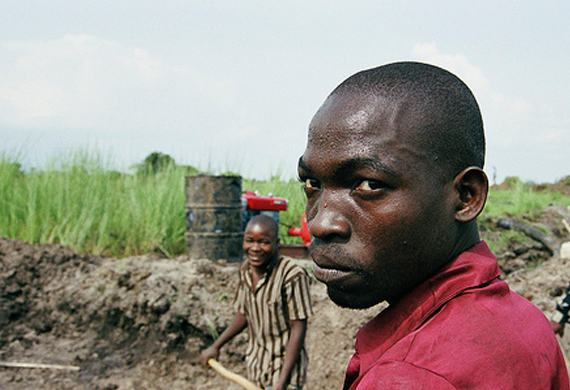
WHY
More than 1.4 billion people currently live in areas affected by protracted conflicts and complex emergencies, which often extend over many years and significantly erode development gains. Under these circumstances, young people may be out of school or college and engage in jobs that are informal, unstable, underpaid, or even high-risk and harmful. In extreme cases, they leave their homes in search of safety and a better life and risk becoming victims of trafficking or exploitation.
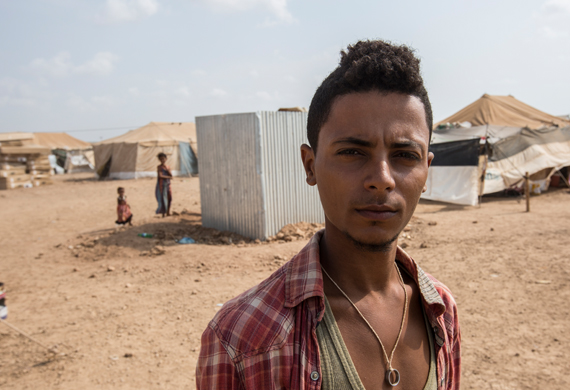
HOW
Decent Jobs for Youth is focused on expanding the evidence base about what works to support youth in fragile situations. The findings will be used to develop guidance on promoting youth employment in fragile situations, which will in turn allow our partners to launch tailored interventions at country and regional level. Particular emphasis will be placed on empowering youth through innovative use of technology, from promoting skills development and employment creation through cash transfers (especially mobile money), to jobs in service provision and recovery, and enterprise and cooperative development. These efforts are aligned with the Employment and Decent Work for Peace and Resilience Recommendation, 2017 (No. 205).
WHO
The ILO and UNDP lead this thematic priority. Decent Jobs for Youth brings together a growing number of partners who are committed to empowering youth in fragile situations and expanding their access to decent work.
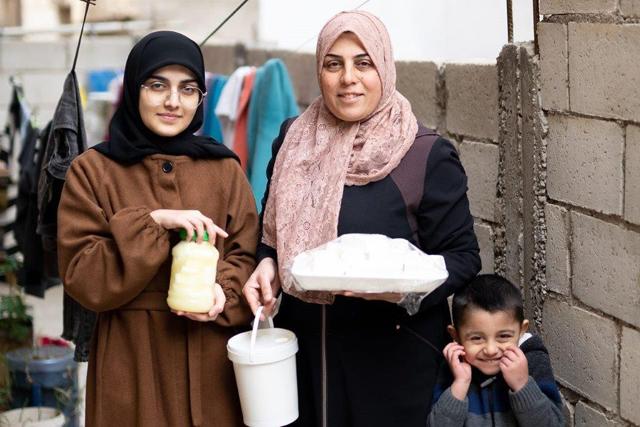



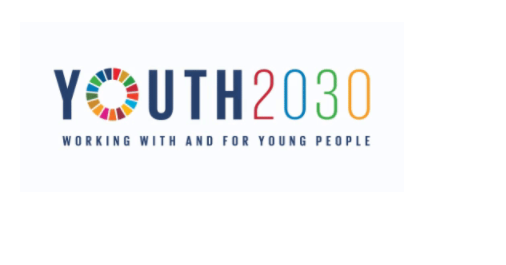
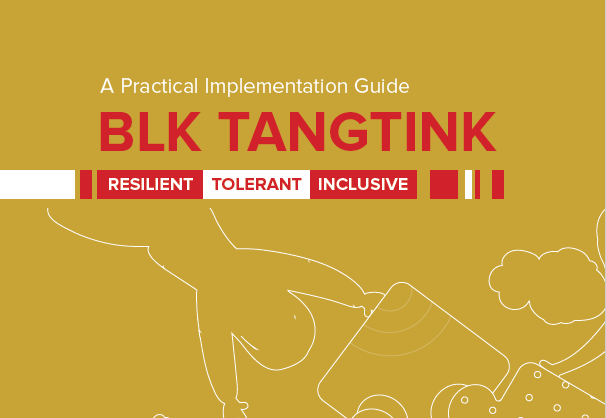

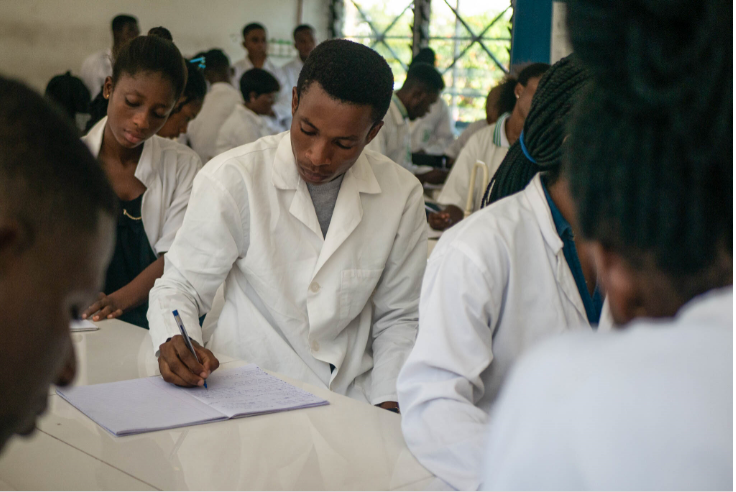
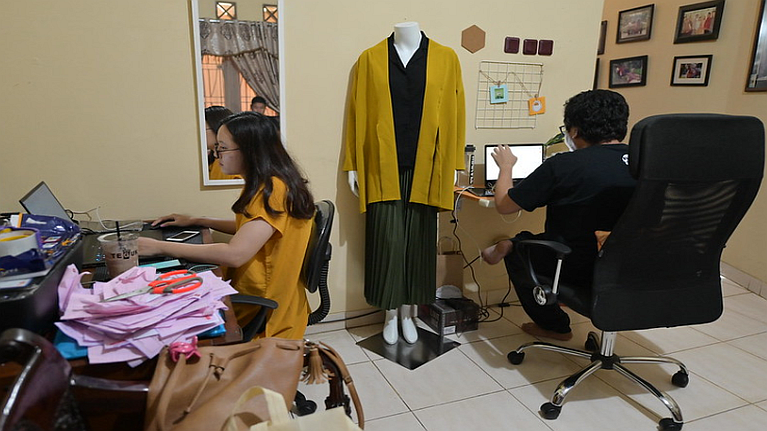
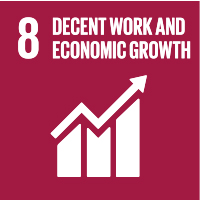
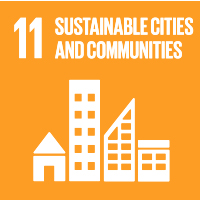
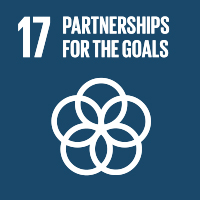
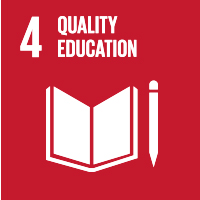
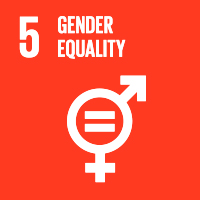
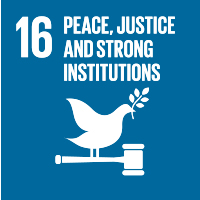
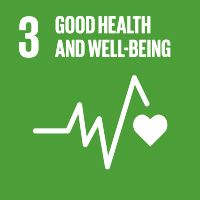





South Korea’s youth employment support overview
The University Job Plus Center Project, supported by the Ministry of Employment and Labor (MOEL) and implemented across 117 universities in South Korea, aims to enhance career prospects for young people. From May 2024 to December 2025, the Korea Employment Information Service (KEIS) will provide an overview of this program, highlighting best practices in career guidance and job support services for students and regional youth.
Job intermediation services for young people
The commitment aims to facilitate public employment services for young job seekers in Mexico under 30 in situations of fragility or vulnerability, strengthen their skills, and boost their employability through the Employment Support Program during 2024.